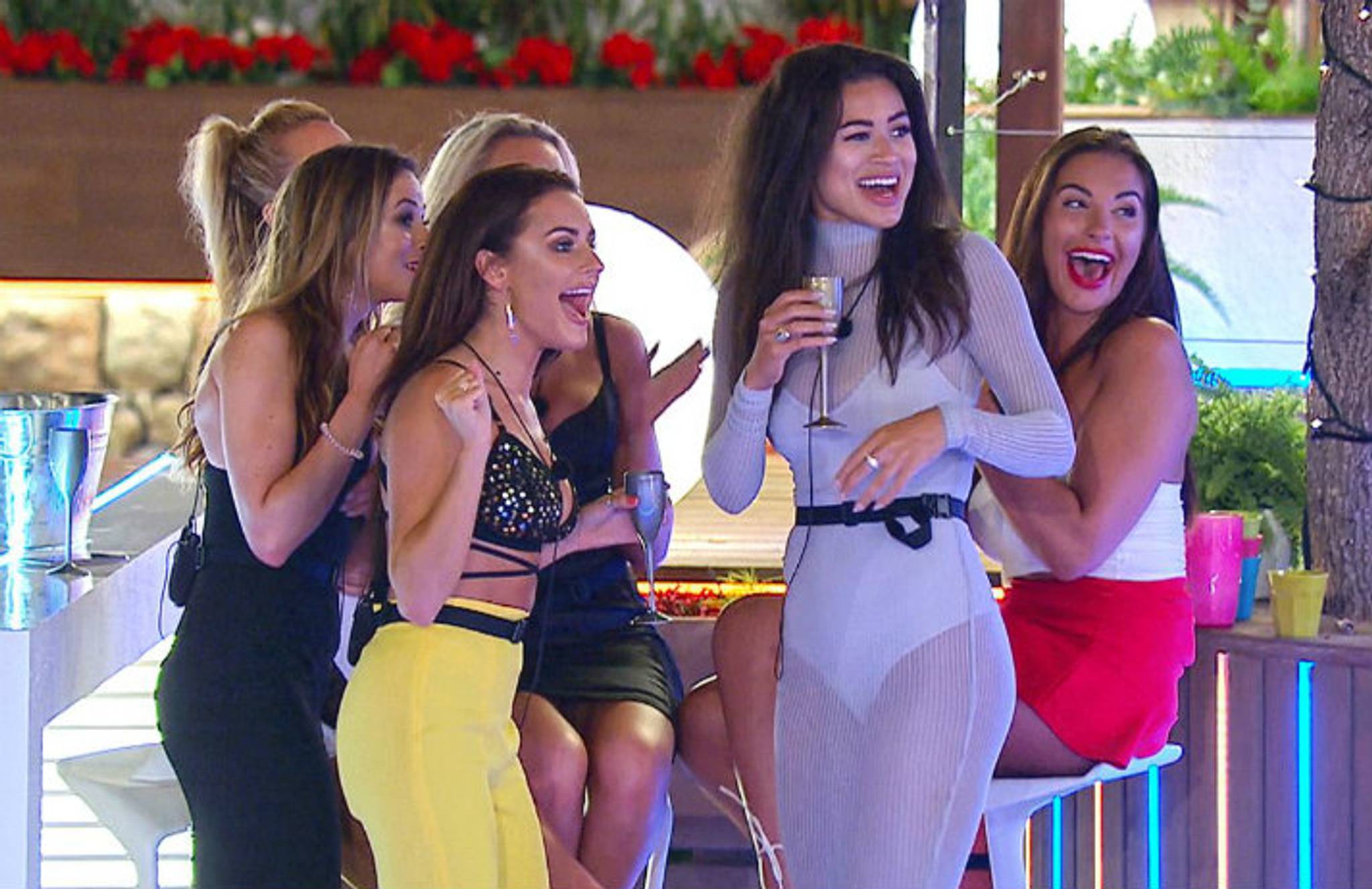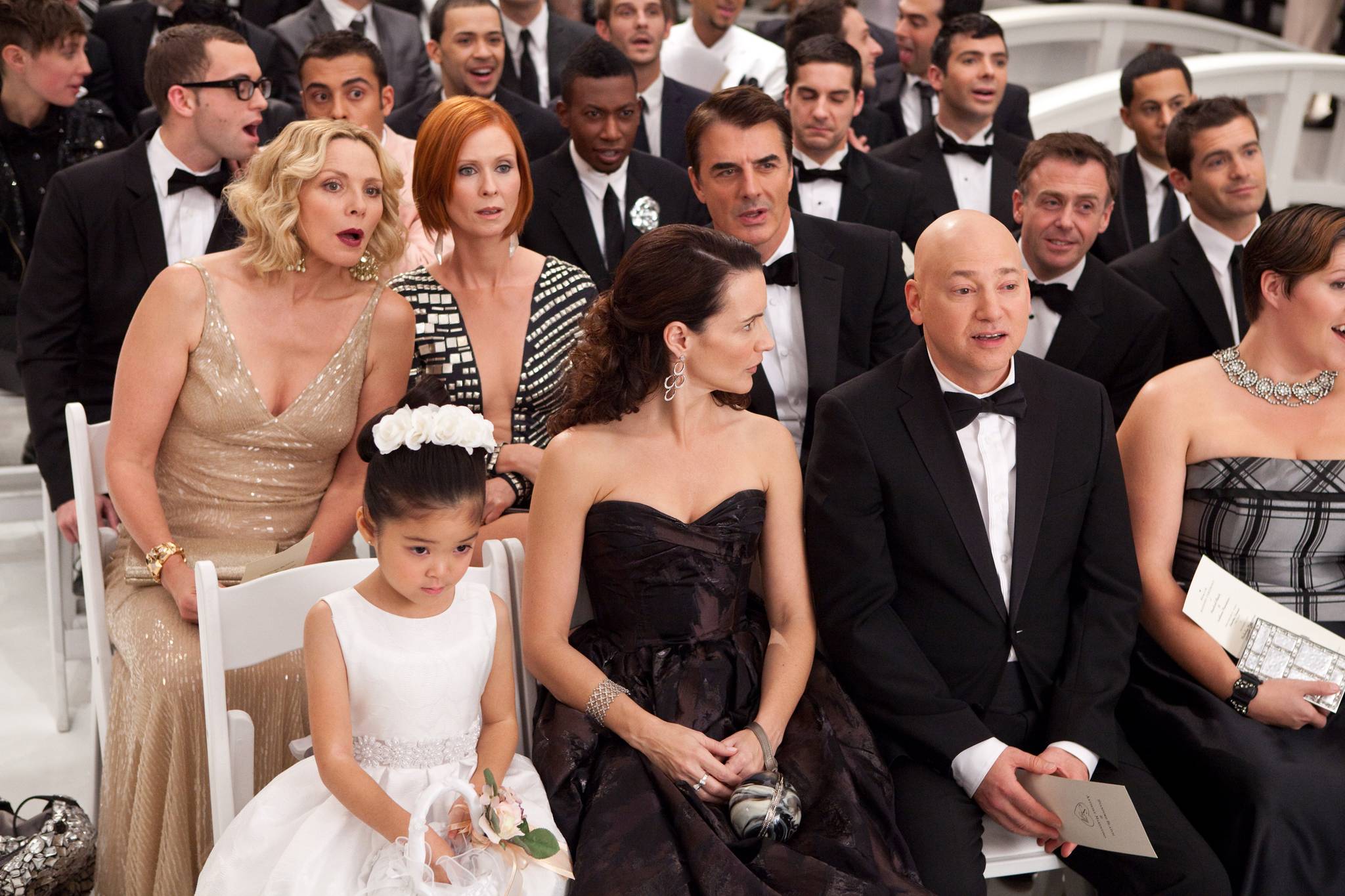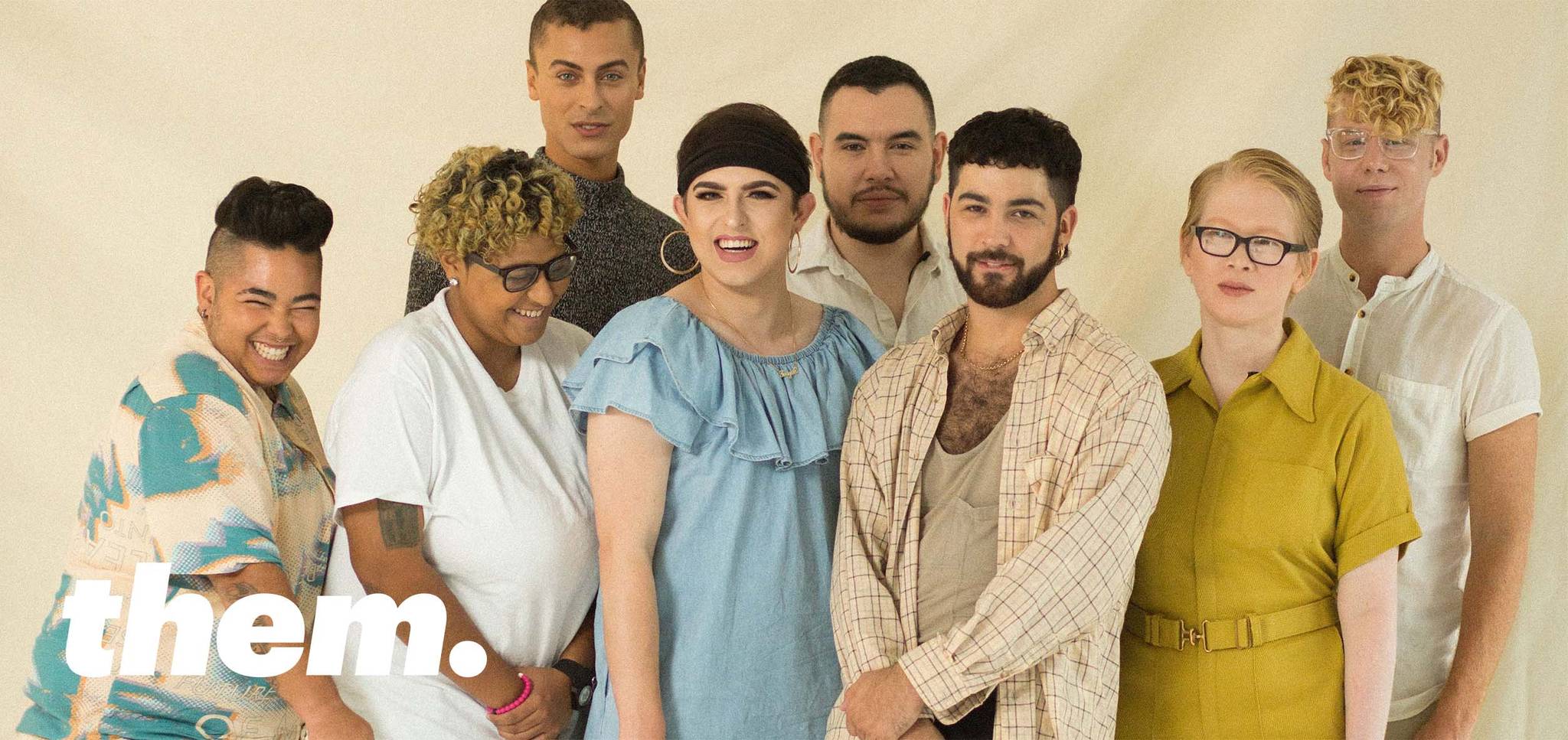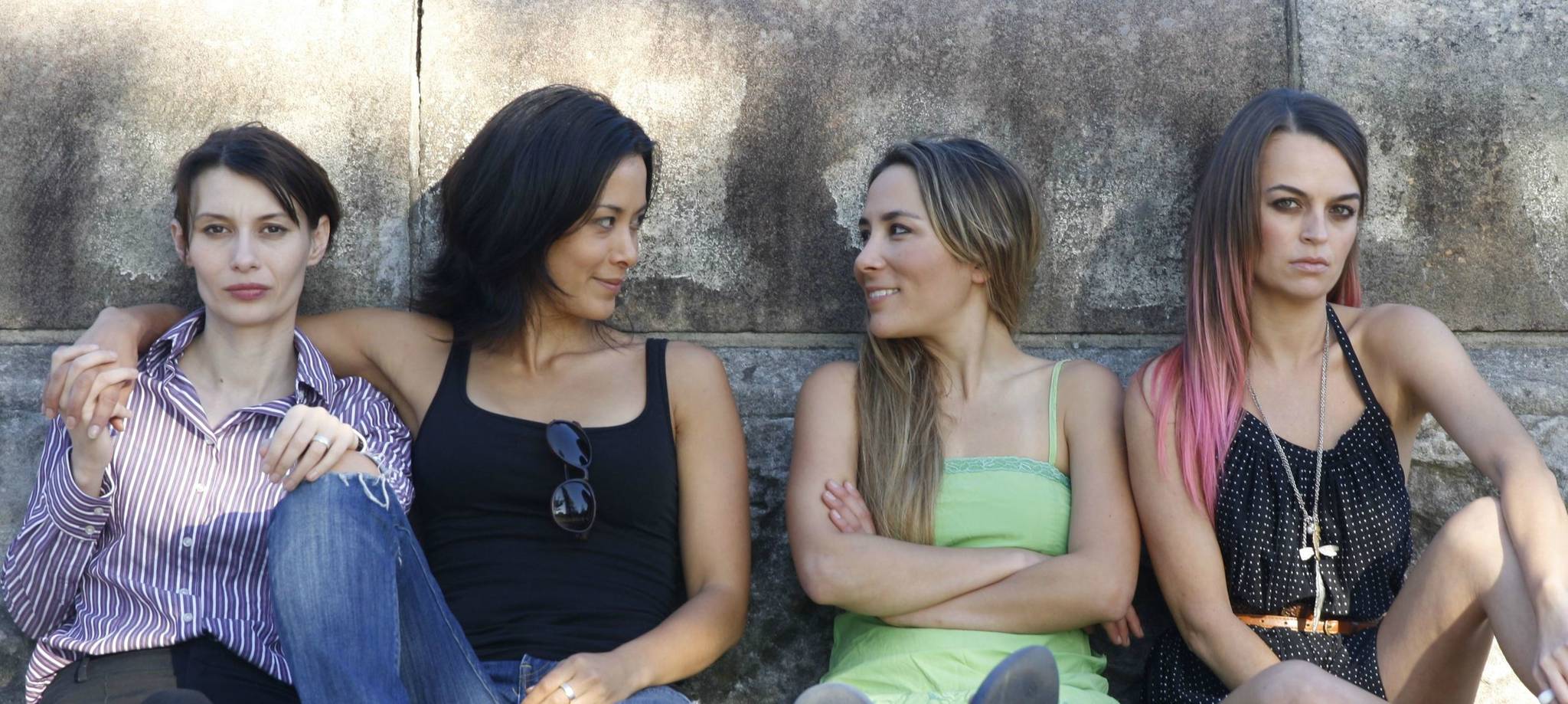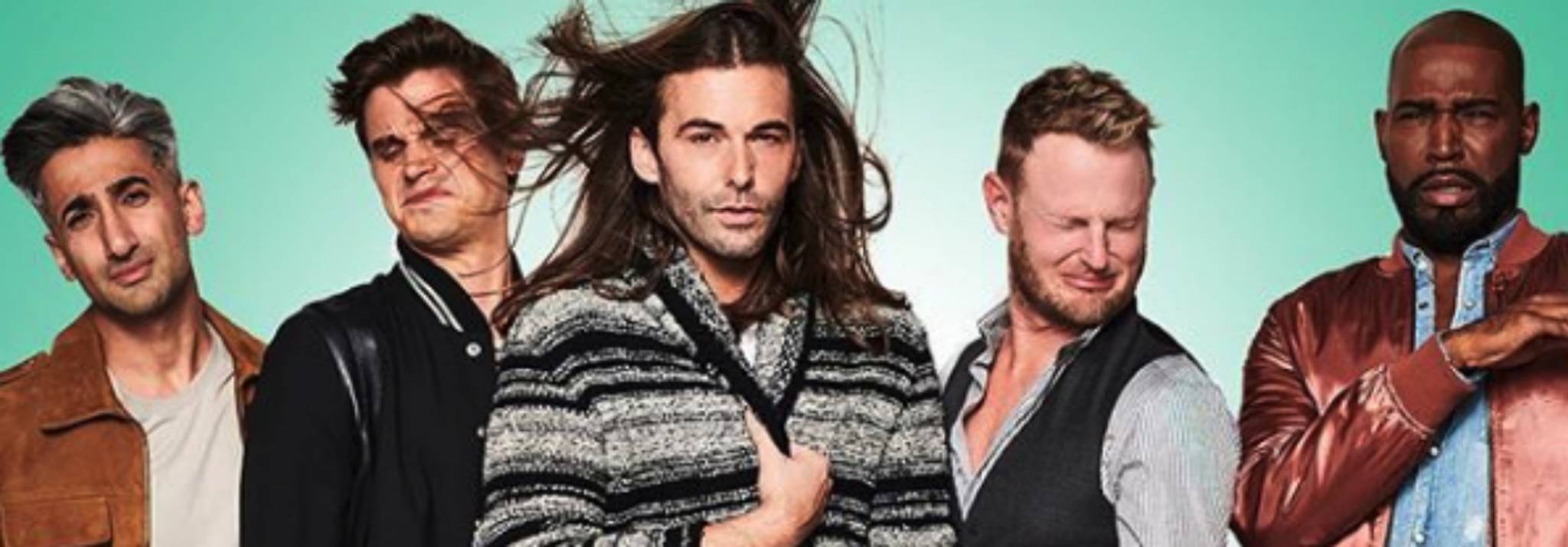
Queer Eye has released its second season on Netflix. The show addresses issues relating to the LGBTQ+ community, mental health, and personal development. Unlike the previous series, which was “for the straight guy,” this season includes a woman, a gay man and a trans man. We explore the insights behind the show and understand how modern reality TV is taking on deeper social discussions.
Queer Eye is a reality TV show hosted by a team of five gay men – ‘the fab five’ – who are experts in the fields of fashion, food, culture, design, and grooming. The experts ‘transform’ people – usually their looks, clothes, beauty regime or surroundings, but the show is "more than a makeover." While the 2003 series was popular, it’s been cited as being very much of its time and as Jai Rodrigues, the show's cultural guide says, “In 2003, being out was political.” This season goes much further in addressing identity politics, exploring masculinity, and queer-identity; while breaking down divisions between people from different walks of life. As one character, Bobby Berk, says: “Who’d have thought that a bunch of gays would come to build a community centre for a church.”
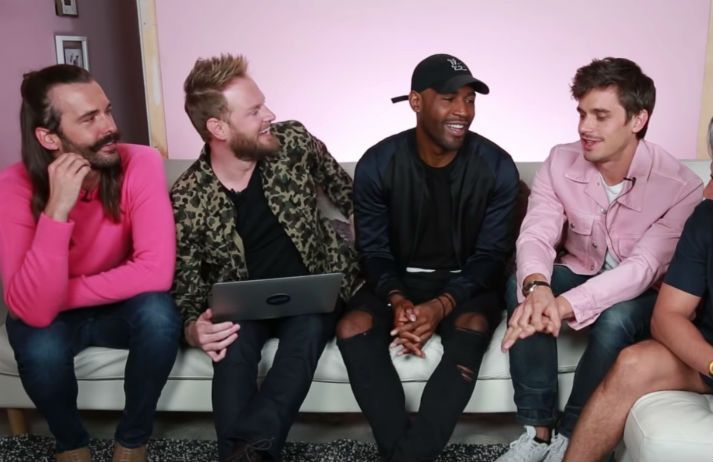
The show is immensely popular, with both critics and social media users lauding the new series. Its success suggests that reality TV shows have the power to explore weighty socio-political themes, in a light-hearted, humorous way. Scott Bryan, Buzzfeed’s TV editor, puts the show’s success down to its uplifting message that resonates with a contemporary audience: "I think it's what people really need right now, there's not much else on TV that's so positive... this show is very much about guys helping each other. It's unusual to see a man opening up, crying on camera, and other guys helping him go through a difficult situation. It's very supportive and you don't see that often on TV.” In an age where 60% of employees are experiencing increased stress at work, popular shows such as Love Island and Queer Eye offer a means of escapism for today’s audience.
Tad Buxton is an intern at Canvas8 which specialises in behavioural insights and consumer research. He studies English Literature and History of Art at the University of Edinburgh. When he’s not studying, he enjoys surfing, reading sci-fi novels, and dreaming up new business ideas.
